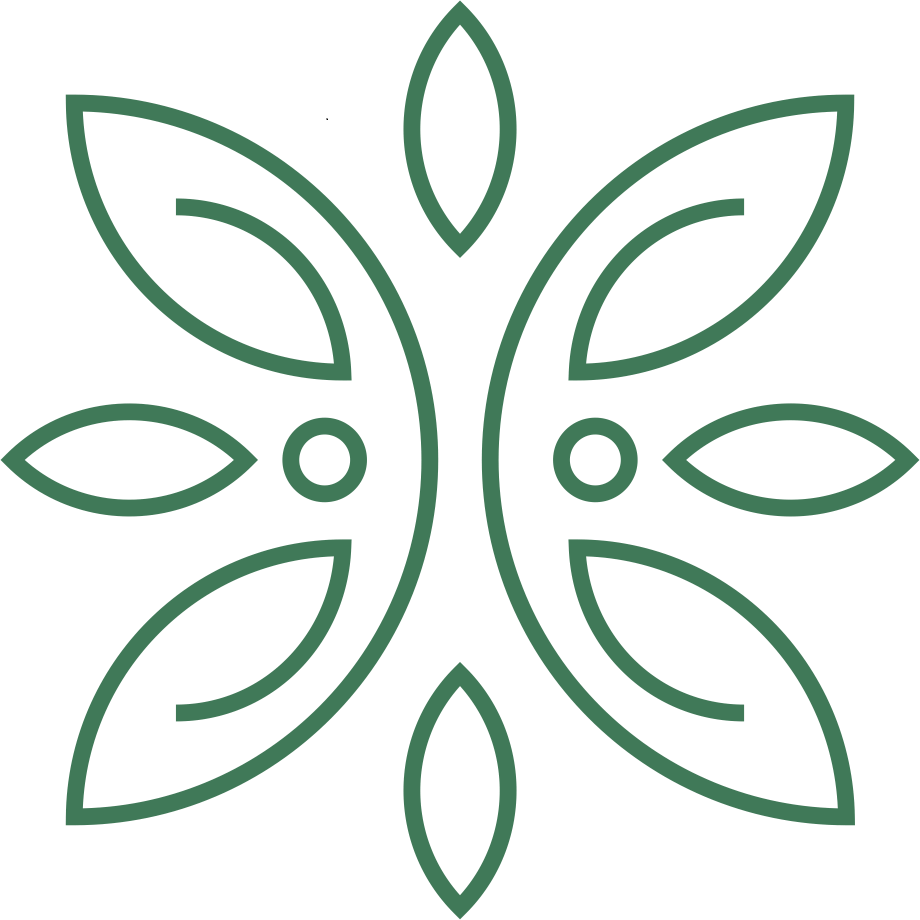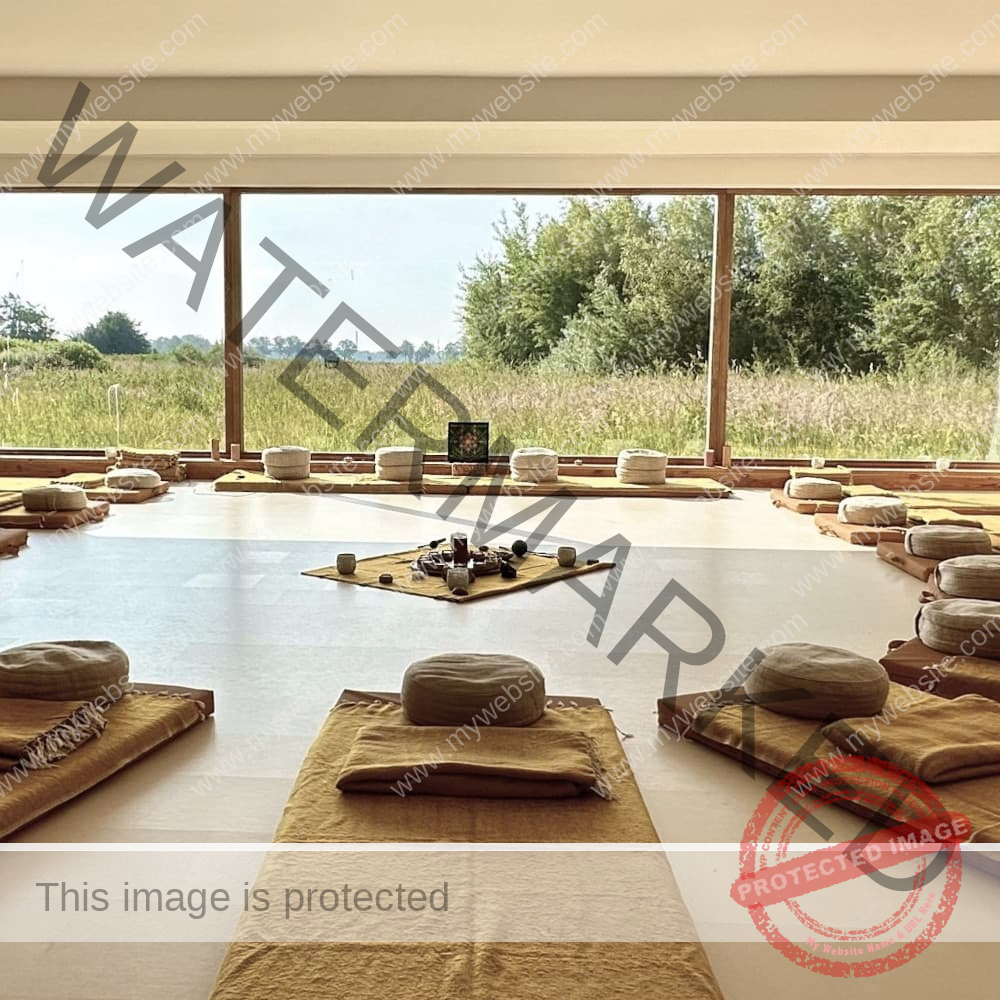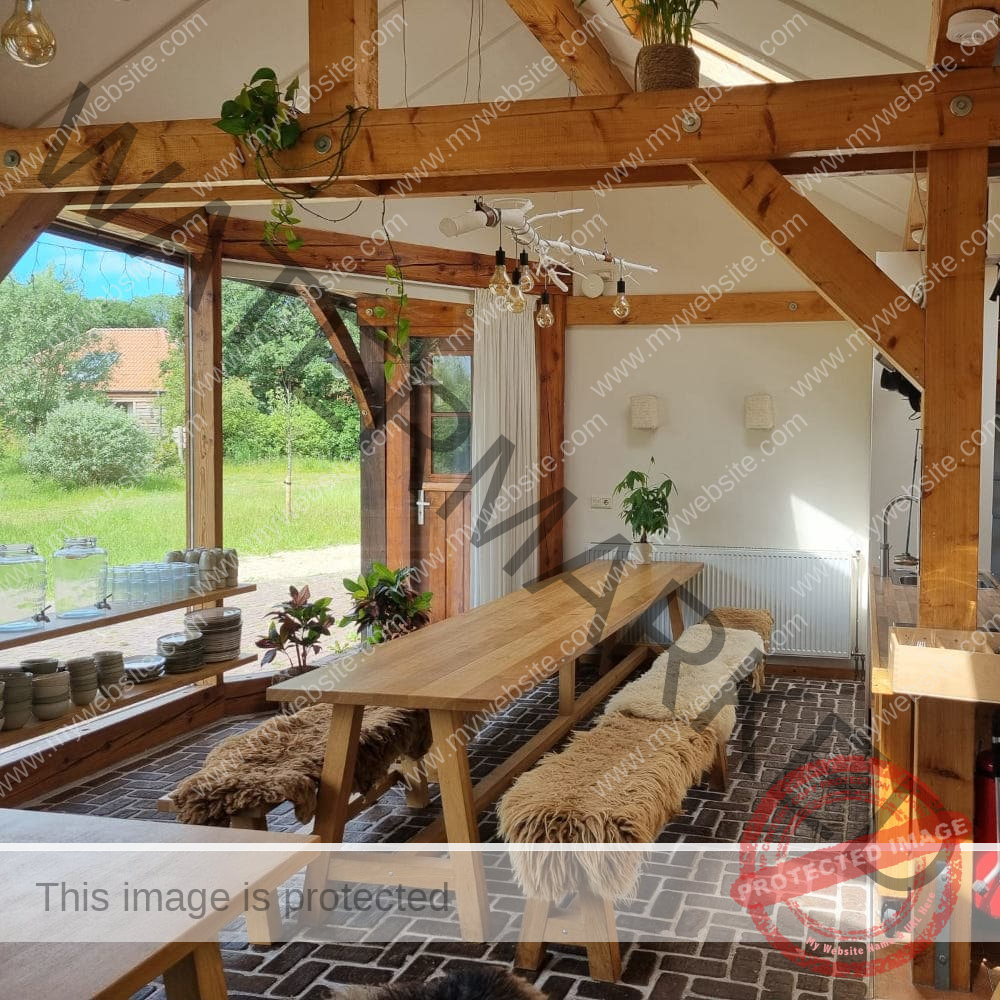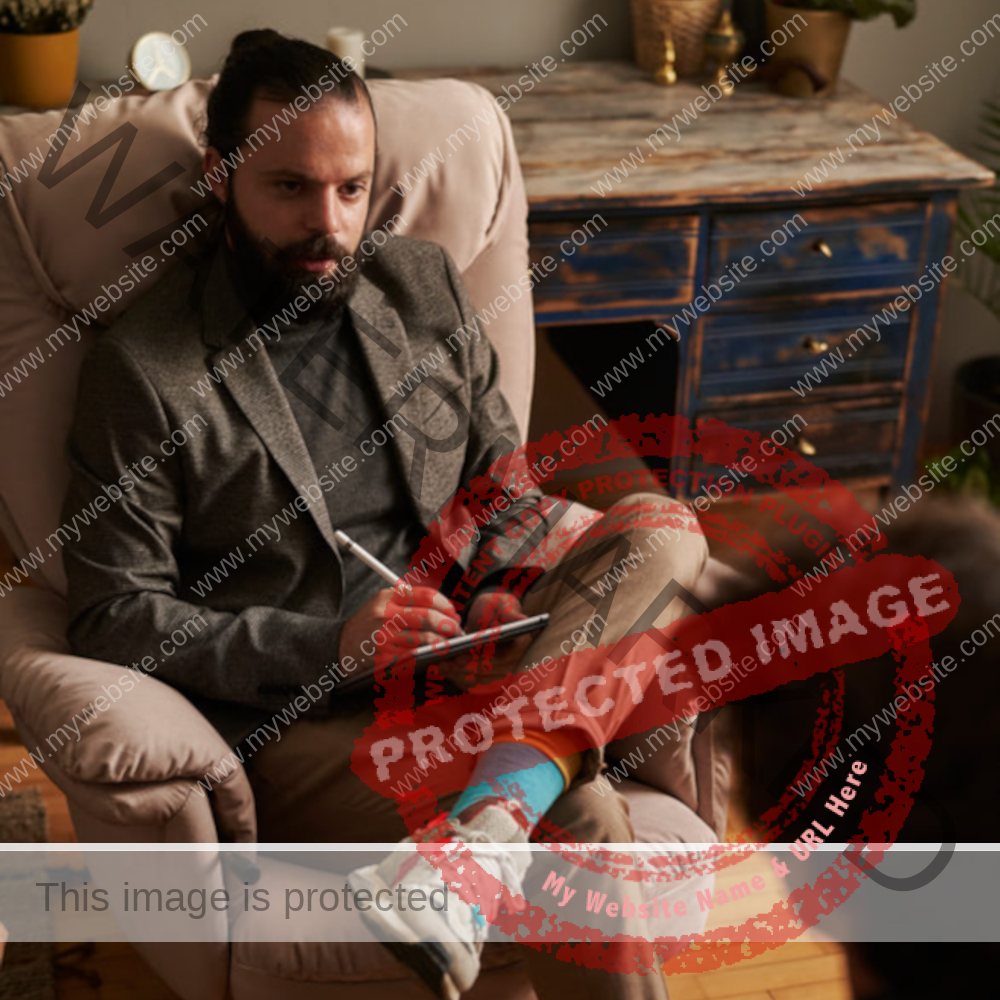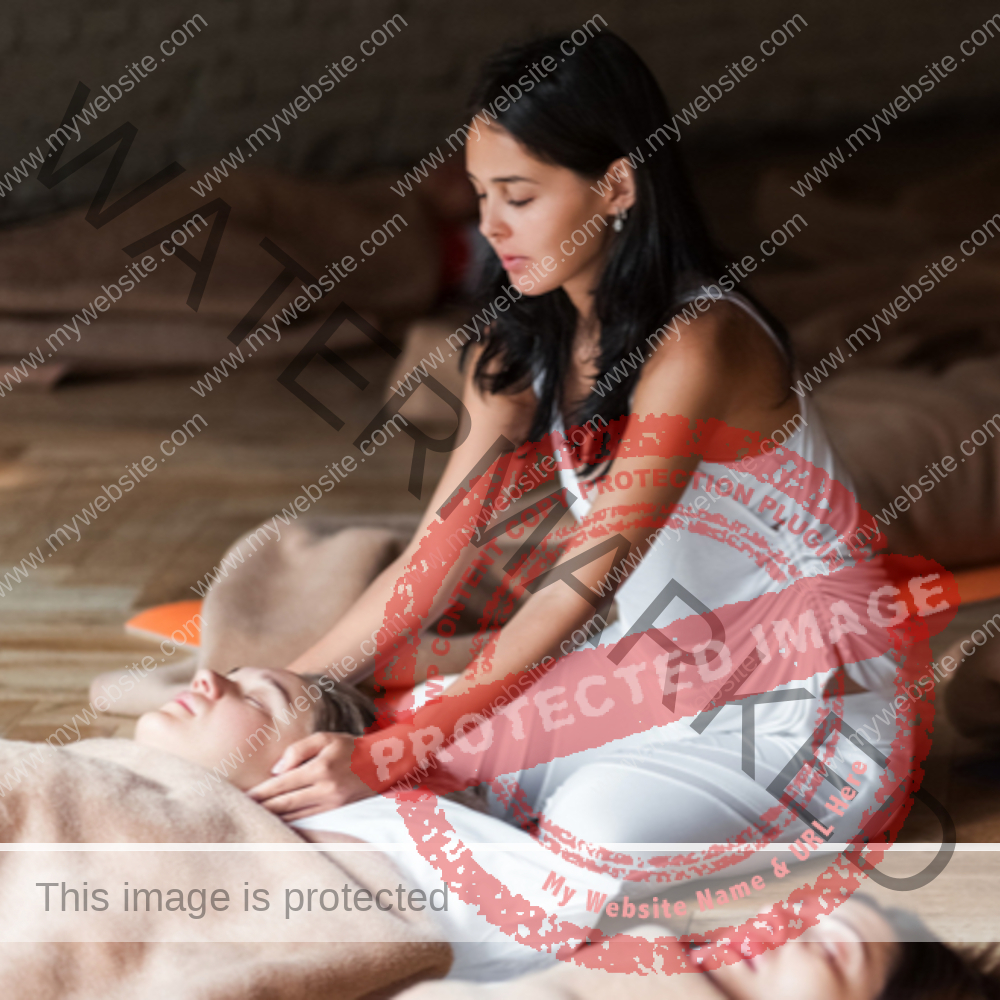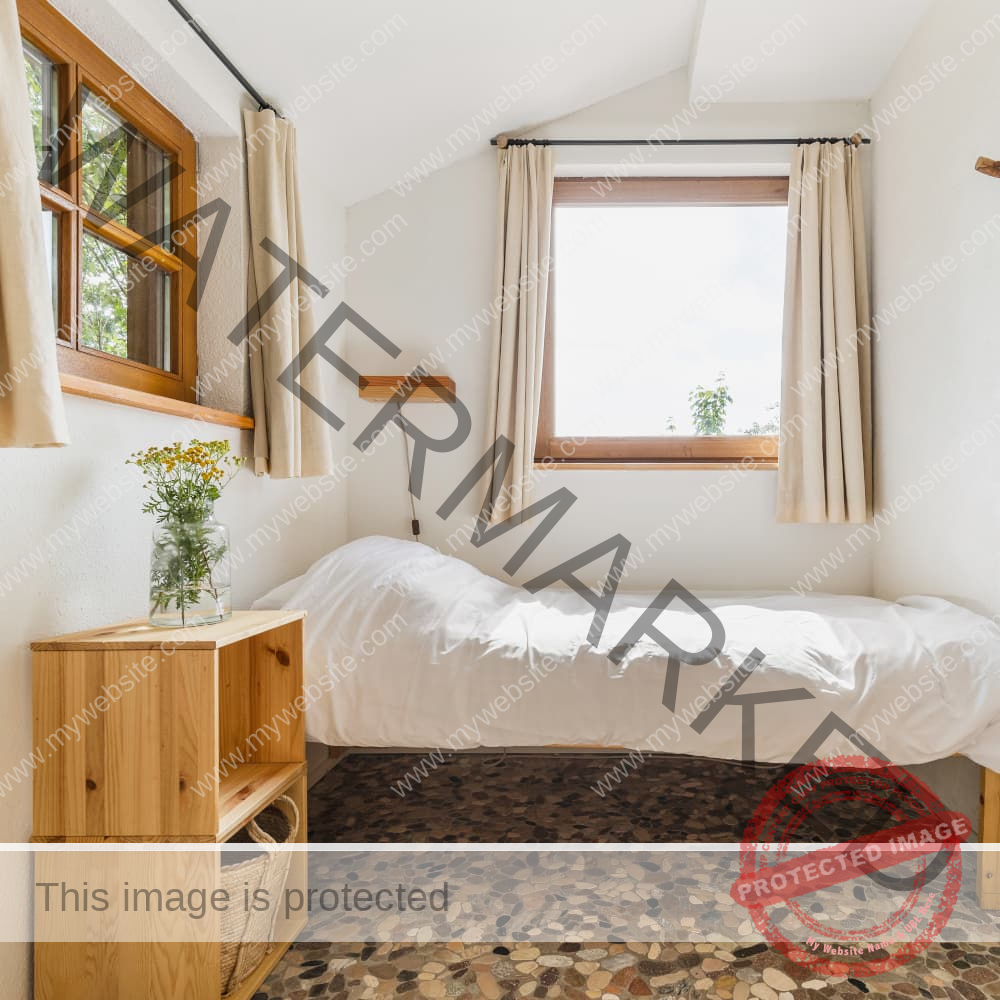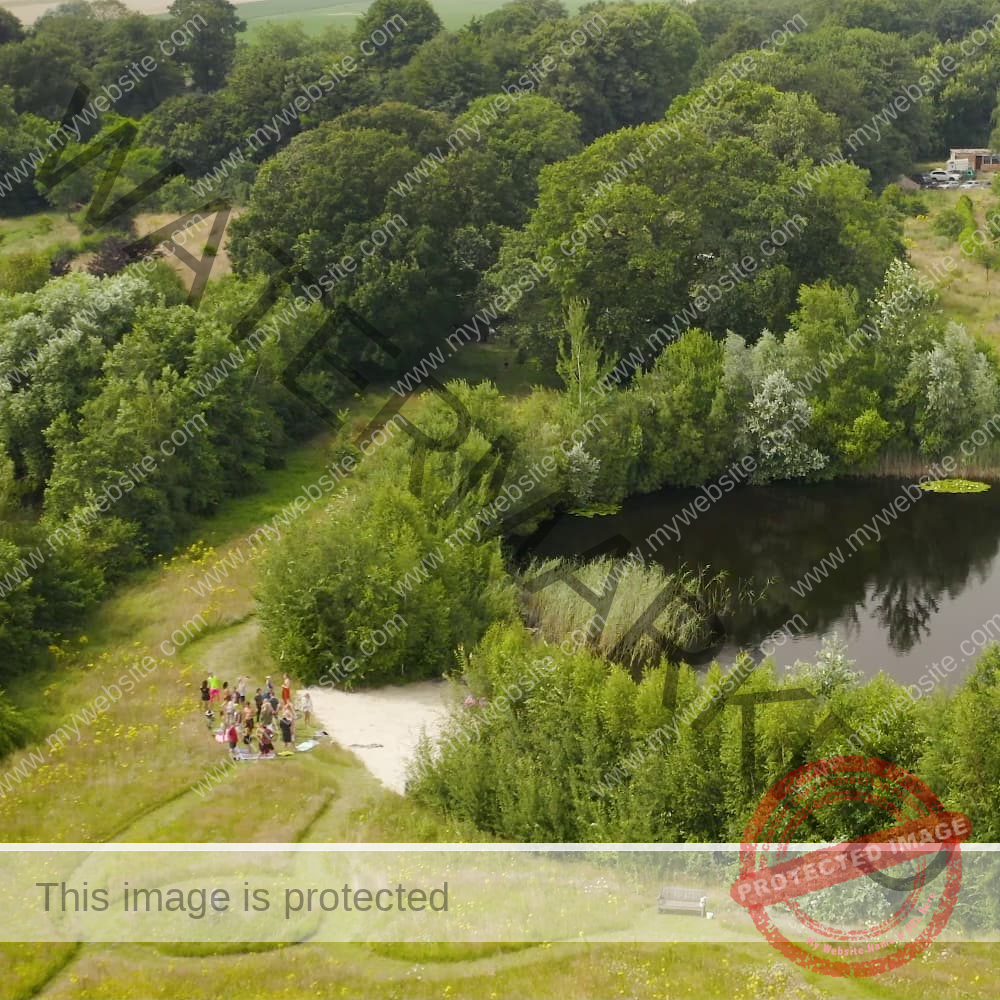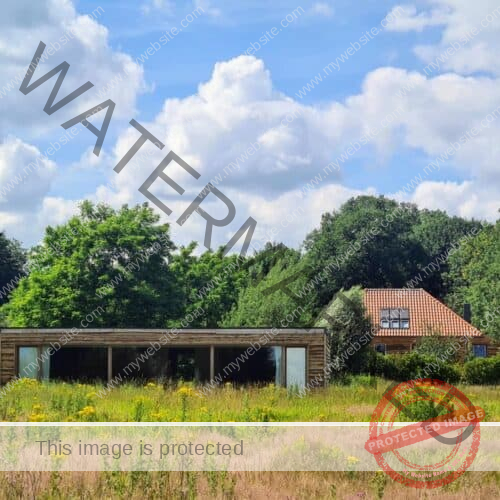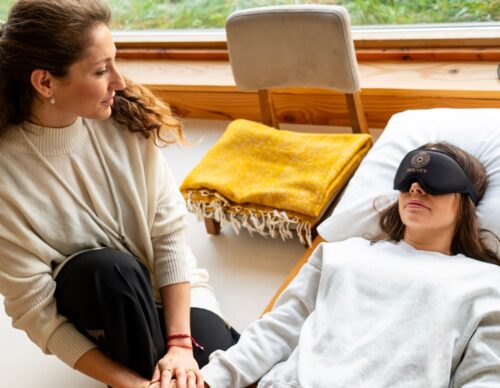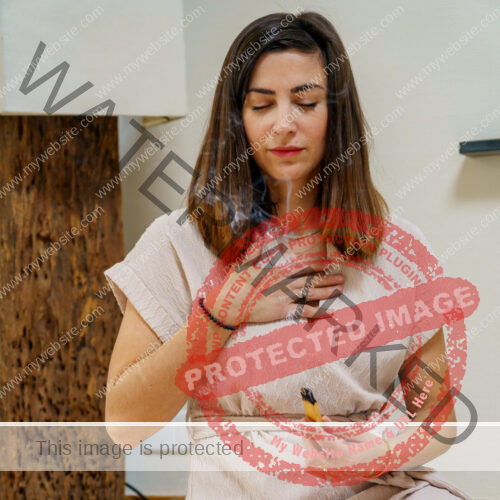3 Days Psilocybin Group Retreat Netherlands
From €1,675.00
3-day all-inclusive Psilocybin Retreat with one psychedelic truffle ceremony and 2 overnight stays. The ceremony will be led by our experienced facilitators.
Our Psilocybin Retreats are safe, 100% legal and in two different locations in the Netherlands.
You can find further valuable information about our retreats by scrolling further down.
IMPORTANT: Medical Questionnaire & Booking Confirmation
After completing your order, you’ll receive an email with a link to our medical questionnaire.
Completing this questionnaire is a required step before we can confirm your participation.
To ensure safety for everyone involved, we review information related to relevant medical conditions and the use of medications or substances (if applicable) at the time of booking. Each application is assessed carefully and individually, and all information you share is treated with full confidentiality.
Please note that your booking cannot be confirmed until this review is complete.
For this reason, we kindly ask that you do not make any travel arrangements (such as booking flights) until you’ve received your official confirmation from us.
Additional information
| Choose your dates | 6-8 February 2026, 6-8 March 2026, 10-12 April 2026, 24-26 April 2026, 15-17 May 2026, 29-31 May 2026, 19-21 June 2026, 31 July – 2 August 2026, 28-30 August 2026, 18-20 September 2026, 9-11 October 2026, 20-22 November 2026, 27-29 December 2026, 1-3 January 2027 |
|---|---|
| Accommodation | Shared Room, Private Bedroom, Private Room Couple's Package |
You will receive
-
- Lifetime access to a self-paced digital course to help you prepare your mind, body, and soul for a safe and transformative retreat with us. Explore the course at your own pace and keep returning to it after your retreat and any future experiences.
-
- A beautiful set of psilocybin journeys held at our intimate retreat space. Here, we pride ourselves in providing an experience combining ancient wisdom and natural medicine with professionalism and a caring team of support staff. Each in humble service and in loving dedication to your comfort and safety.
-
- An online integration program to deepen new connections you have made and insights you received during your experiences with us. In just three weekly group calls, you will be invited to activate the full potential of your retreat with facilitated calls, simple group exercises, and a truly supportive space that will honour your personal journey and unique intentions.
Why we created this programme
Attending a retreat alone and being thrown back into the busy-ness of daily life after a powerful experience is not ideal. Research shows that over 53% of people who attend a ceremony will have some emotional and mental challenges in integrating the experience afterwards. And that’s not considering the loss of potential that happens without proper support.
Exciting new research indicates that a psychedelic experience opens up a ‘critical period’ in the mind reactivating a heightened level of neuroplasticity normally closed to us past the age of seven. This extremely valuable time allows you to recode behavioural and thought patterns no longer beneficial for you and implement new patterns that contribute to your overall well-being in a positive way.
From our extensive experience, people often leave our retreats with more questions than they came with. During a psilocybin ceremony, there is potential to become overwhelmed by information and insights that need time and space to be digested and integrated. Our guests commonly report that sharing their experience in the group setting benefits the processing of their journeys, describing these sessions as extremely powerful, almost as powerful as the psilocybin experience itself.
As we always say at the end of our retreats, the real work after a psychedelic experience starts when you go back into everyday life. With this programme you have the unique opportunity to extend the retreat experience by the continuation of important sharing circles and guidance throughout the integration process. During this important time after the retreat, people often describe the group sharing circles as being a journey of transformation in itself. Guests wanting to figure things out on their own often realise that if support was available, a few missteps could have been avoided; saving valuable time, energy, and money.
This programme was designed by experts to offer preparation, guidance, and support beyond the retreat and into the integration phase. It will equip you with the resources you need to avoid common challenges that can cloud the process of bridging a psychedelic experience to the future you want to create for yourself.
These challenges can include, but are not limited to:
- Going back to your ‘old life’ with new understandings and confusion about how to reconcile this new mindset.
- Feeling others do not understand what you have experienced and, thus, not having someone to speak to.
- Lack of support resources to translate insight into tangible daily action.
- Other aspects of the experience which can cause confusion and distress such as; spiritual bypassing, ego inflation, and trauma responses. For more information on these aspects see below.
Avoiding common pitfalls will promote an unhindered and effective integration period. However, don’t worry, you will not have to figure it out alone. Our expert team of psychedelic facilitators and therapists will guide you through the subtle nuances and various layers of meaning contained within this powerful experience.
Psilocybin FAQs
1. How much psilocybin is typically used to treat depression?
The dosage of psilocybin used in therapeutic settings varies and is carefully tailored to each individual. It is determined by factors such as body weight, personal sensitivity, and therapeutic goals.
Psilocybin dosages for depression treatment are personalised to optimise therapeutic outcomes. By working with trained professionals, individuals can receive the optimal dosage that facilitates healing and symptom relief while minimising potential adverse effects.
2. Can psilocybin cure depression?
Psilocybin is not considered a cure for depression; however, it has shown promising results in alleviating symptoms and promoting long-lasting positive changes.
Psilocybin-assisted therapy can facilitate a deep exploration of underlying emotional and psychological factors, leading to transformative experiences and enhanced well-being.
While psilocybin is not a guaranteed cure for depression, it has demonstrated significant potential in improving symptoms and facilitating healing. By engaging in a psilocybin-assisted therapy approach within a supportive environment, individuals have the opportunity to experience profound shifts and long-term positive outcomes.
3. Does psilocybin increase creativity?
Psilocybin has been reported to enhance creativity in some individuals. It can stimulate novel connections, broaden perspectives, and increase divergent thinking.
However, the effects on creativity can vary between individuals and depend on various factors such as dosage, set and setting, and personal disposition.
By expanding consciousness and facilitating unique thought patterns, psilocybin can unlock new insights, promote innovative thinking, and inspire artistic expression, allowing individuals to tap into their creative potential.
4. Do psychedelics reduce brain activity?
Contrary to reducing brain activity, psychedelics such as psilocybin have been found to increase brain activity, particularly in areas associated with consciousness, introspection, and the processing of emotions and perceptions.
Psilocybin promotes heightened connectivity between brain regions, leading to altered states of consciousness. This increased neural connectivity can promote introspection, emotional processing, and potentially lead to therapeutic and transformative outcomes.
5. What is the neurological mechanism of psilocybin?
Psilocybin interacts primarily with serotonin receptors in the brain, particularly the 5-HT2A receptors. This interaction modulates serotonin signalling and affects various brain regions involved in mood regulation, perception, and cognition.
6. What is the difference between serotonin and psilocin?
Serotonin is a naturally occurring neurotransmitter in the brain associated with mood regulation, sleep, appetite, and other functions. Psilocin is a compound derived from psilocybin mushrooms, and it is structurally similar to serotonin. Psilocin activates serotonin receptors, resulting in altered states of consciousness.
Psilocin’s similarity to serotonin enables it to bind to and activate serotonin receptors, leading to the psychedelic effects associated with psilocybin mushrooms.
7. How does psilocybin help with PTSD?
Psilocybin-assisted therapy has shown potential in helping individuals with post-traumatic stress disorder (PTSD). Psilocybin’s ability to enhance emotional processing and promote a sense of safety and connectedness can aid in the resolution of traumatic memories, reducing the emotional distress associated with PTSD.
Psilocybin, in conjunction with therapy, offers a unique therapeutic approach for individuals with PTSD. By facilitating a deep exploration of traumatic experiences, psilocybin can promote emotional healing, reduce symptoms of PTSD, and improve overall well-being and quality of life.
8. How does psilocybin affect behaviour?
Psilocybin can have profound effects on behaviour, including increased introspection, emotional openness, and shifts in perception. It can promote a heightened sense of connectedness, empathy, and personal insight. The therapeutic context of psilocybin administration plays a crucial role in shaping these behavioral effects.
9. Does psilocybin cause openness to experience?
Psilocybin has been associated with increased openness to experience, which is a personality trait characterised by curiosity, imagination, and an appreciation for novelty and aesthetics. Psilocybin can facilitate a temporary expansion of consciousness, leading to enhanced receptivity and openness.
Psilocybin can facilitate a broadening of perception, allowing individuals to embrace new perspectives, explore inner landscapes, and foster a sense of wonder and curiosity.


